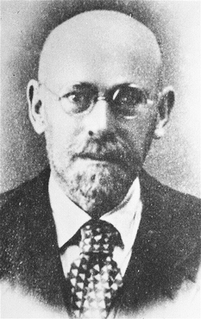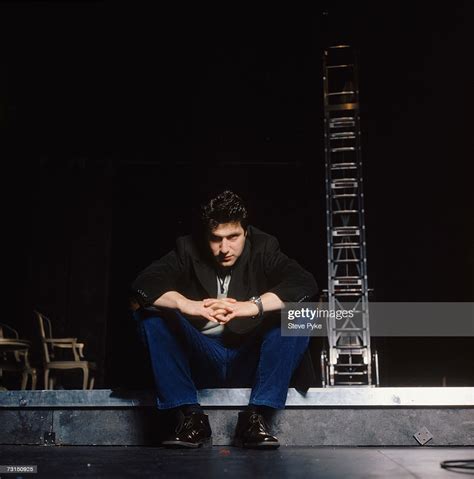A Quote by August Wilson
My plays are ultimately about love, honor, duty, betrayal.
Related Quotes
I'm trying to take culture and put it onstage, demonstrate it is capable of sustaining you. There is no idea that can't be contained by life: Asian life, European life, certainly black life. My plays are about love, honor, duty, betrayal - things humans have written about since the beginning of time.
From Borges, those wonderful gaucho stories from which I learned that you can be specific as to a time and place and culture and still have the work resonate with the universal themes of love, honor, duty, betrayal, etc. From Amiri Baraka, I learned that all art is political, although I don't write political plays.
The thing about Gambit is that he's a man who knows how to adapt to survive. He plays things by ear, depending on the situation, and never feels obligated to follow the rules, because the only rules that matter are his own sense of honor. Ultimately, that sense of honor includes 'doing no harm' - at least, not to the innocent.
I think the play offers (white Americans) a different way to look at black Americans For instance, in 'Fences' they see a garbageman, a person they don't really look at, although they see a garbageman every day. By looking at Troy's life, white people find out that the content of this black garbageman's life is affected by the same things- love, honor, beauty, betrayal, duty. Recognizing that these things are as much part of his life as theirs can affect how they think about and deal with black people in their lives.
As young West Point cadets, our motto was 'duty, honor, country.' But it was in the field, from the rice paddies of Southeast Asia to the sands of the Middle East, that I learned that motto's fullest meaning. There I saw gallant young Americans of every race, creed and background fight, and sometimes die, for 'duty, honor, and their country.'



































